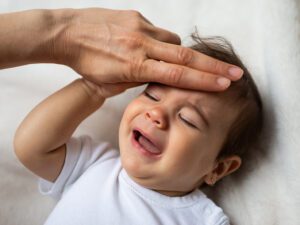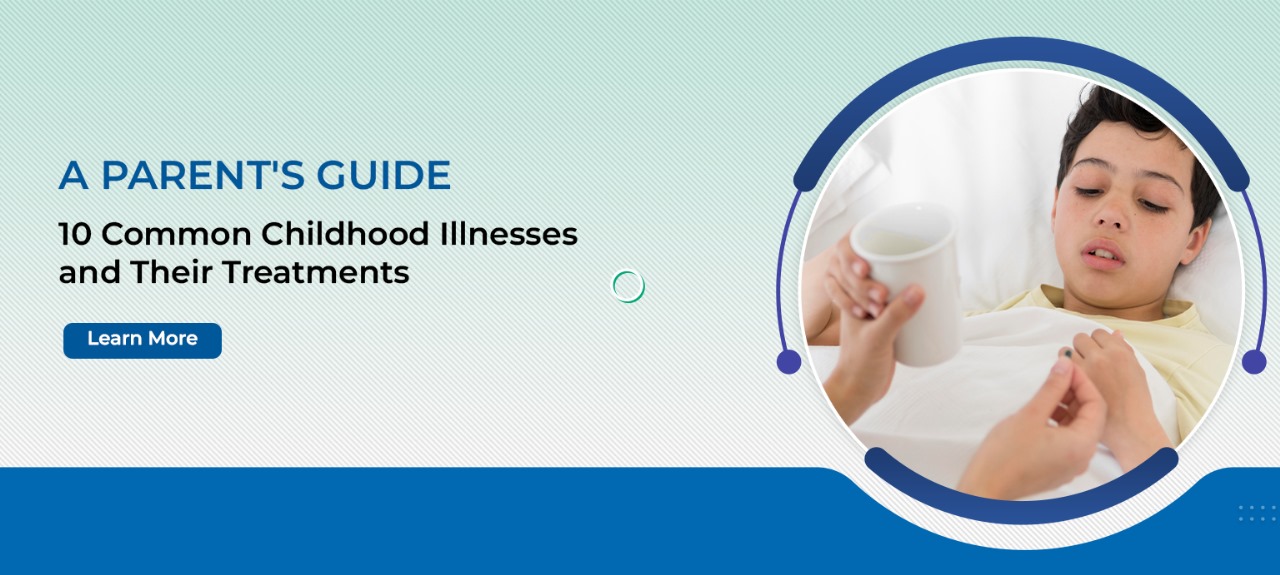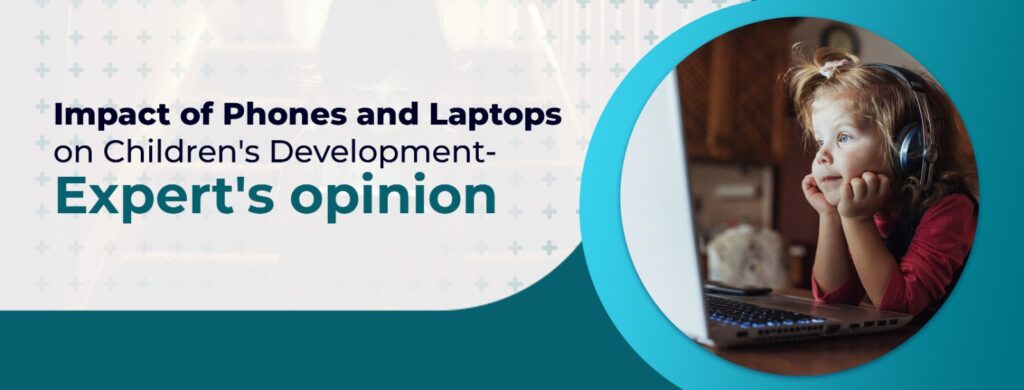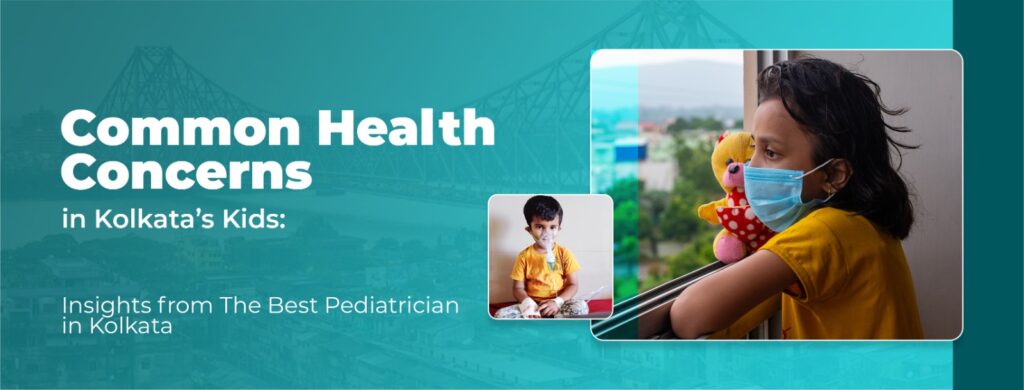Pneumonia is an infection that causes inflammation in one or both lungs. It can be caused by bacteria, viruses, or fungi. Pneumonia leads to swelling/fluid in the alveoli (air sacs) of the lungs, making it difficult to breathe. It is a leading cause of hospitalization among children under 5 years of age worldwide. While pneumonia can affect people of any age, it tends to be more common and severe in very young children and infants. As parents, it is essential to be aware of pneumonia, including its causes, symptoms, diagnosis, and treatment, so you can seek prompt medical care if your child develops this lung infection.
This guide covers all the key details about pneumonia in kids that every parent should know.
What Causes Pneumonia in Children?
There are several potential causes of pneumonia in kids:
• Bacterial Pneumonia: Streptococcus pneumoniae bacteria is the most common bacterial cause of pneumonia in children. Other bacteria like Mycoplasma pneumoniae and Chlamydophila pneumoniae can also lead to it.
• Viral Pneumonia: Respiratory viruses are often to blame, including RSV (respiratory syncytial virus), influenza, parainfluenza, adenovirus, etc.
• Fungal Pneumonia: Fungal pneumonia is less common but can occur with fungal exposure.
• Aspiration Pneumonia: This occurs when food, saliva, liquids or vomit is inhaled/aspirated into the lungs.
Risk Factors for Pneumonia
Certain factors raise a child’s risk of developing pneumonia, such as:
• Age – Infants and children under 5 years old.
• Weakened immune system – From diseases like HIV or treatment like chemotherapy.
• Chronic diseases – Like asthma, heart disease, diabetes.
• Malnutrition – Makes the body more vulnerable.
• Second-hand smoke exposure. Pay attention for signs and symptoms of pneumonia if your child has any underlying high-risk conditions.
Symptoms of Pneumonia in Kids
Pneumonia symptoms can vary from mild to severe based on factors like the cause and child’s age. Common signs include:
• Fever – Often the first noticeable symptom.
• Chills and sweating
• Cough – Can be dry or produce mucus. May worsen or hang on.
• Difficult or painful breathing
• Fast breathing or shortness of breath
• Loss of appetite, nausea, or vomiting
• Unusual tiredness or extreme fussiness
• Sharp or chest pain that gets worse with breathing
• Headaches
In infants, fatigue/increased sleeping, decreased feeding, and decreased activity/interaction may occur before other symptoms appear.
Watch out for emergency symptoms like high fever, blue tint to lips/skin, rib pulling with breaths, or difficulty waking. These require urgent medical help.

Diagnosing Pneumonia in Children
To diagnose pneumonia, doctors use various approaches:
Medical History
Information is gathered about the child’s symptoms, health conditions, medications, etc. Details about potential pneumonia exposures are also considered.
Physical Exam
The doctor listens to the lungs with a stethoscope for crackling/rattling sounds signaling fluid/inflammation. Other exam findings may include elevated breathing rate, chest pain, and abnormal breath sounds or oxygen levels.
Imaging Tests
Chest X-rays can confirm lung inflammation and patchy areas indicative of pneumonia. Other imaging scans like CT scans may also be used.
Lab Tests
These include complete blood count tests to check infection-fighting cells, blood cultures to detect bacteria, sputum tests to identify organisms, and viral tests using nasal secretions.
The information from the exam, scans, and labs allows the doctor to determine if pneumonia is present and what’s causing it to guide appropriate treatment.
Treating Pneumonia in Kids
Pneumonia treatment focuses on curing the infection, easing symptoms, and preventing complications. It may involve:
• Antibiotics: If bacteria caused the pneumonia, antibiotics tailored to the specific organism will be prescribed, usually for 7-14 days or longer for very ill children.
• Antiviral or antifungal medications: If viruses or fungi are the culprit, appropriate antimicrobials are used.
• Oxygen therapy: Additional oxygen may be given to improve breathing and oxygenation.
• Fluids/electrolytes: Fluids and minerals like sodium and potassium helps rehydrate and provide nutrition.
• Medications to reduce fever, discomfort, or cough may also be used to keep kids comfortable.
For severe pneumonia cases, hospitalization for intravenous fluids, oxygen, and intensive care may be necessary in the beginning. But mild pneumonia can often be managed with oral antibiotics and supportive care at home.
Preventing Pneumonia in Kids
You can help prevent your child from getting pneumonia in the first place by:
• Getting recommended vaccines like pneumococcal and annual influenza vaccines.
• Encouraging handwashing to avoid transmission of pneumonia-causing germs.
• Having your child cover coughs/sneezes to prevent germ spread.
• Avoiding smoke/air pollution exposure.
• Exclusively breastfeeding infants for at least 6 months to transfer maternal antibodies.
• Ensuring proper nutrition to keep immune defenses strong.
Watch for early symptoms and promptly communicate with your pediatrician at the first sign of respiratory illness to prevent pneumonia complications.
Caring for Kids with Pneumonia at Home

If your child has a mild case of pneumonia, the doctor may advise home care with medications, rest, and close monitoring. Tips when caring for kids with pneumonia at home include:
Give all medications as prescribed: Give antibiotics, antivirals etc. exactly as directed for the full duration to clear the infection. Don’t stop early even if your child seems better.
Encourage fluids and nutritious foods: Fluids keep children hydrated and replace depleted electrolytes. Broths, soups, yogurt and gelatin give needed calories/protein.
Make sure they get ample rest: Rest allows the body to direct energy towards healing. Let kids sleep as much as desired. Limit visitors and screen time.
Watch closely for worsening symptoms: If fever spikes, breathing problems worsen or new concerns appear, promptly inform your pediatrician as hospitalization may be needed.
Be diligent with cough/sneeze hygiene: Have tissues available. Remind kids to cover coughs/sneezes to prevent household spread and use hand sanitizer or wash hands thoroughly afterwards.
Avoid tobacco smoke: Don’t allow anyone to smoke inside your home/car. Secondhand smoke can delay recovery.
Call your pediatrician right away if your child has trouble breathing, worsening symptoms, dehydration signs (decreased urination, crying without tears etc.) or other emergent issues. With rest and adherence to the doctor’s treatment plan, most kids recover fully within 1-3 weeks.
When to Choose Dr. Prabhas Prasun Giri for Your Child
Dr. Prabhas Prasun Giri is an experienced pediatrician providing specialized care to children of all ages in Kolkata, West Bengal and surrounding communities. With extensive expertise in identifying, diagnosing and treating various childhood illnesses including pneumonia, he is dedicated to providing prompt, comprehensive treatment customized to each child’s unique needs.

Reasons to choose Dr. Giri for your child include:
❖ Over 15 years specializing in quality pediatric care
❖ Provides careful evaluation and treatment of pneumonia
❖ Stays up-to-date on latest advancements in children’s health
❖ Offers compassionate care and takes time to explain health issues
❖ Works closely with parents to create customized treatment plans
❖ Focuses on optimal outcomes using evidence-based approaches
❖ Supports kids and families throughout illness episodes
❖ Connects patients with any needed specialty care
❖ Delivers high level of responsiveness and personalized attention
❖ Accepts most major health insurance plans
To discuss your child’s health concerns or schedule an appointment, contact pediatrician Dr. Prabhas Prasun Giri at 7439744792/7797353139 today. He provides comprehensive care to help children get back to good health.






Как выбрать стоматологию в Минске по выгодной цене?, осмотрите наши предложения.
Услуги стоматолога цены Услуги стоматолога цены .
Надежная работа в тяжелых условиях с экономией энергии.
Грохот барабанный купить http://www.barabaniy-grohot.moscow .
canada pharmaceuticals online generic
katana
После ботокса: массаж или нет?, разберитесь.
ботулинотерапия https://www.botox.life/ .
драматической Tyeala.
Tyeala, An Uneasy Truce http://www.tyeala.com/ .
Топ направления для отдыха в тропиках.
Екзотични почивки all inclusive http://www.ekzotichni-pochivki.com/ .